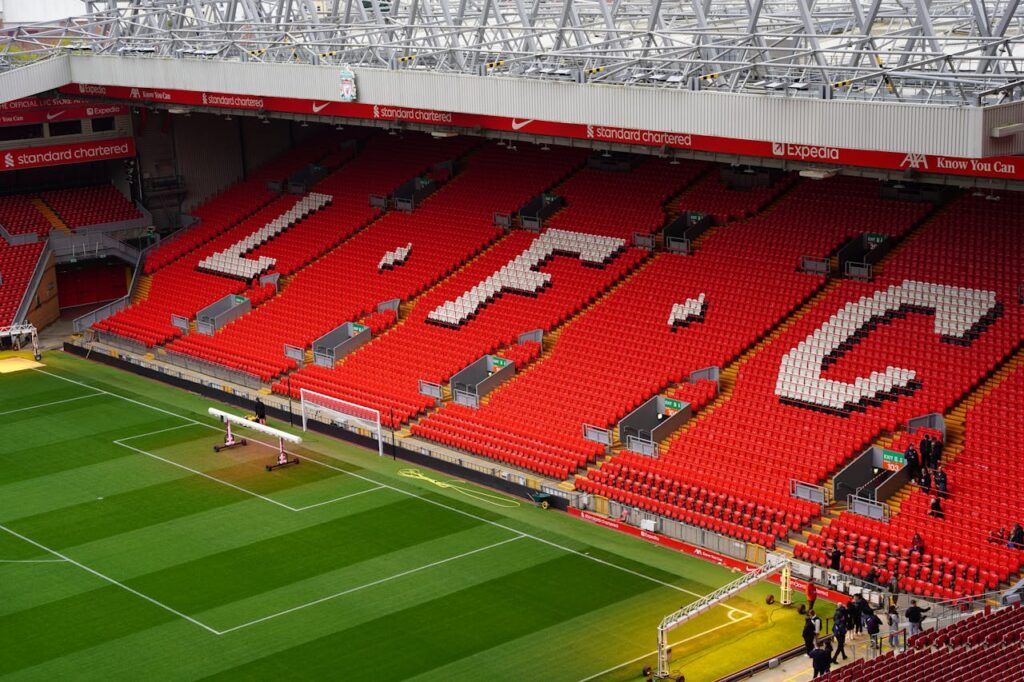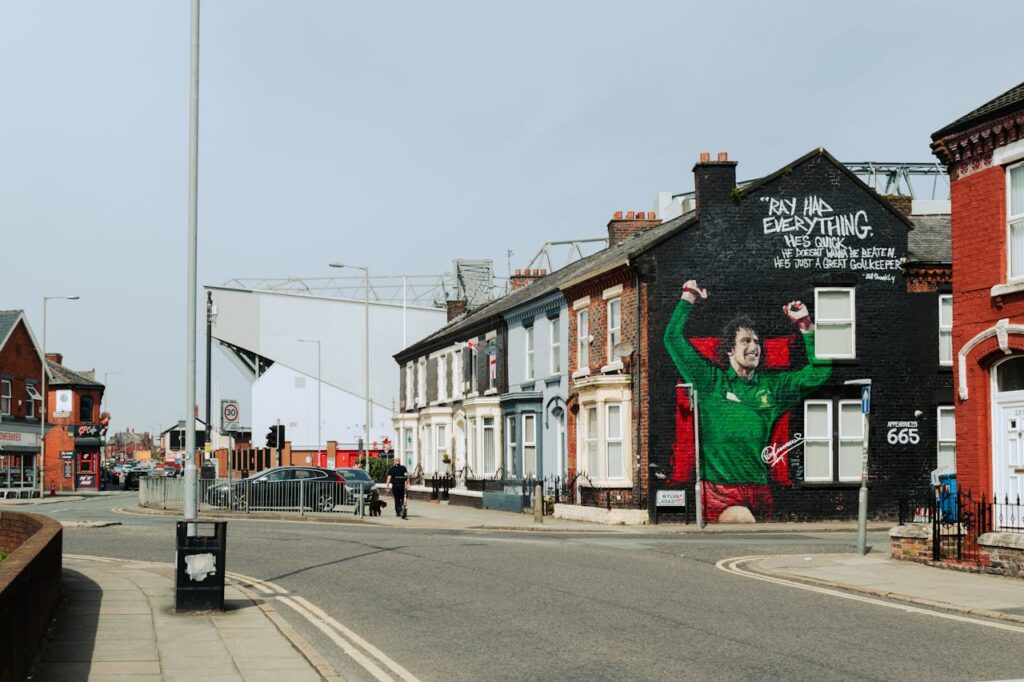In the cathedral of Anfield, where history breathes through the bricks and songs reverberate through generations, legacies are built not merely on talent but on the invisible threads that bind player to place. Trent Alexander-Arnold’s journey—from wide-eyed academy prospect to departing vice-captain—now finds itself at a crossroads where sentiment and ambition collide, raising profound questions about how his Liverpool story will ultimately be told.
With three games to go, after the Premier League title had been secured and jubilation still hung in the Merseyside air, Liverpool and Alexander-Arnold’s representatives chose to confirm what had long been whispered through the terraces: his summer departure as a free agent.
The timing seemed calculated—a difficult truth cushioned by championship euphoria—yet the revelation has torn open a wound that not even the sweet balm of football success could fully heal. Though Arne Slot’s side had captured the title in his first campaign, to free bets and bookmakers surprise, the scouser in the team was heading for the exit door.
His penultimate home match against Arsenal was meant to be another celebration of Liverpool’s domestic dominance, but instead became the stage for an unexpected emotional reckoning.
The boos that greeted Alexander-Arnold’s introduction shocked the football world not in their existence, but in their intensity, their raw honesty cutting through the carefully crafted farewell narratives that modern football has perfected.
At just 26, Trent stands as one of football’s most singular talents—a player who redefined his position with brushstrokes of vision and technique that have transformed the traditional boundaries of what it means to play as a defender. His passing range unveils possibilities where others see limitations; his set-pieces convert mathematics into poetry.
But beyond his technical gifts lies the narrative that elevated him to something more profound in Liverpool’s cultural fabric: he was theirs. Born in the West Derby district of the city, Alexander-Arnold embodied the dream of every child who ever kicked a ball against a Merseyside wall—to cross the threshold from supporter to standard-bearer.
This local connection has always carried special weight at Liverpool, where football transcends sport to become a communal expression of identity and resilience. He could have been the next Steve Gerrard. He leaves as the next Michael Owen.
The confirmation video—soft-focused and set to music designed to pluck at heartstrings—struck a dissonant chord with many supporters. It felt artificial. Disingenuous. It was clear he was reading from an autocue.
It presented leaving as reluctant inevitability rather than choice, a framing that collided with the reality that this Liverpool team stands at the summit of European football, poised for sustained dominance under Arne Slot’s progressive leadership.
The golden Premier League champions badge will adorn Liverpool’s sleeves next season, but Alexander-Arnold’s arms will be wrapped in the pristine Galactico white of Madrid instead.
This contradiction—leaving at the moment of arrival—fuels the complex emotions swirling through such an emotional fanbase.
In Liverpool, the football club is more than a team; it’s a conduit for the city’s soul—resilient, proud, and shaped by hardship. The supporters, like the city itself, are deeply invested, kicking every ball and supporting the side until the end. And when a homegrown player departs, especially one who carried their hopes from the terraces to the world stage, it feels less like a transfer and more like a rupture.
The boos that cascaded down from the Anfield stands on Sunday carried multiple meanings—disappointment, betrayal, protective instinct toward the institution above the individual. Objectively, it’s a player valued at around £100 million leaving for free, but more than that, it was a local lad turning his back on his own.
These weren’t merely expressions of personal animosity, but a collective statement about belonging and commitment in an era where both concepts have become increasingly uncommon. Loyalty is becoming harder to find in football, and while the Anfield crowd can’t choreograph every moment, you get the feeling this decision has inflicted irreparable damage.
Every legacy contains multitudes. Alexander-Arnold’s will forever include the corner taken quickly against Barcelona, the Champions League triumph in Madrid, the Premier League title that ended a 30-year wait, and countless moments of technical brilliance that expanded the imagination of what football could be.
Yet legacies also encompass endings. His will now carry the weight of having chosen to step away from a Liverpool team ascending toward record-breaking ambitions, trading the opportunity to become a one-club icon for the allure of individual glory, Madrid’s white shirt, Jude Bellingham, and the complex politics of continental football hierarchies.
The grass isn’t always greener, and as Jurgen Klopp once told Phillipe Coutinho: “Stay here, and they will end up building a statue in your honour. Go to Barca, Bayern or Real, you will be just another player. So think well.”










Never liked him he’s an rse